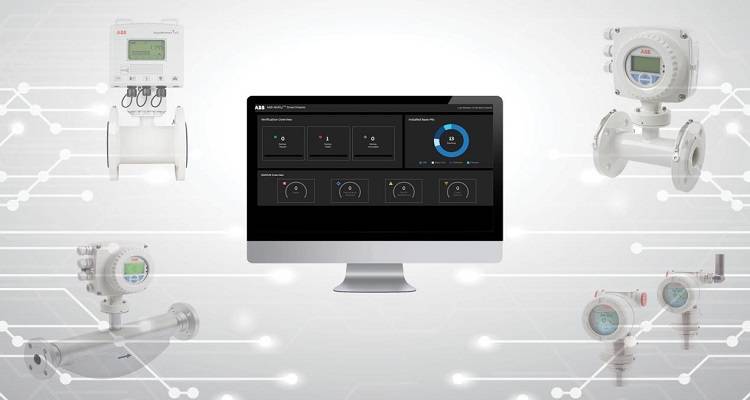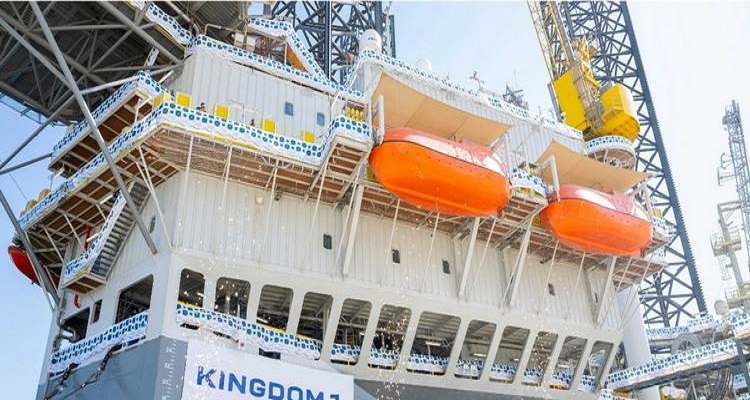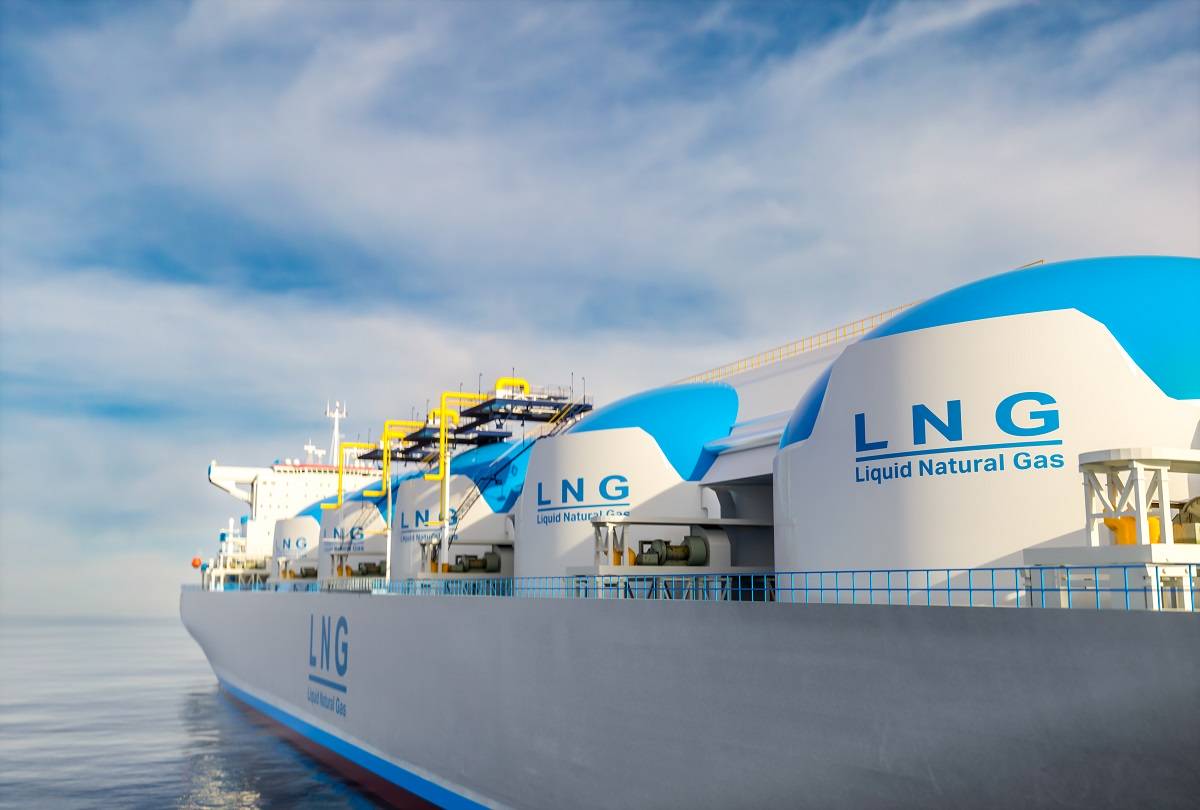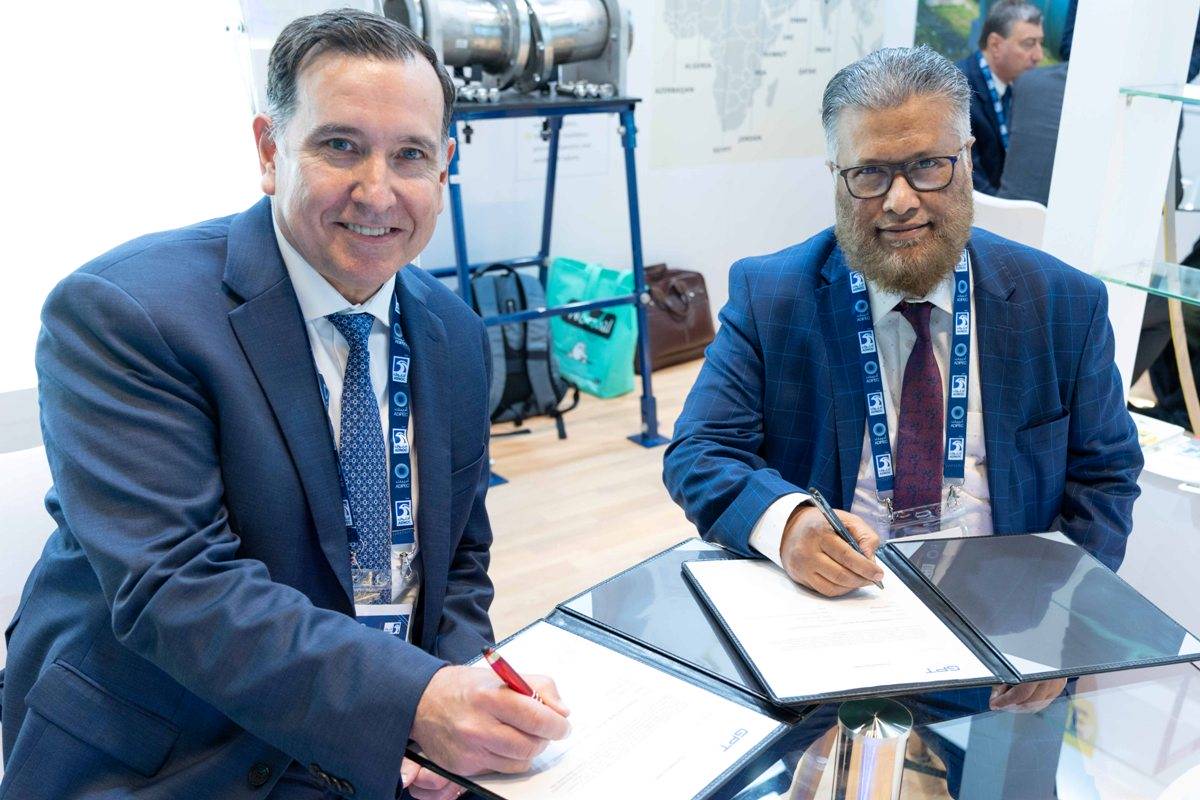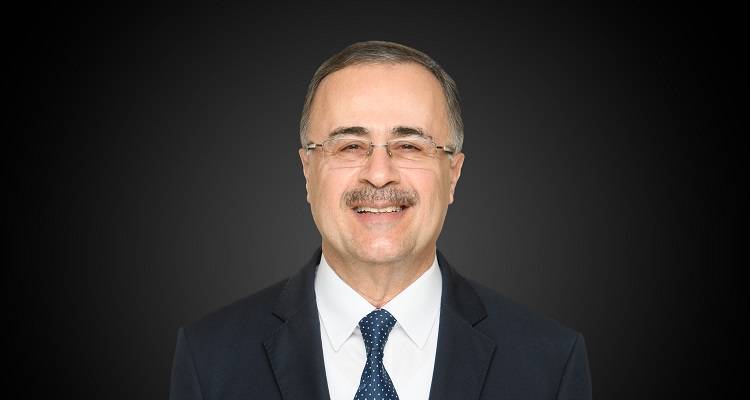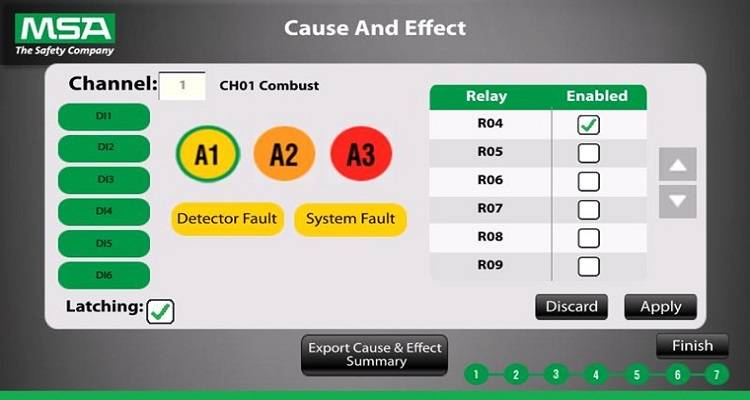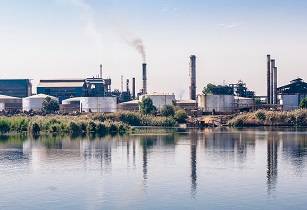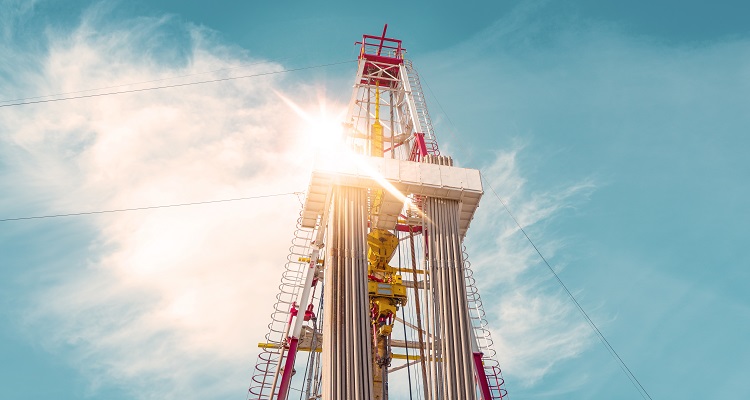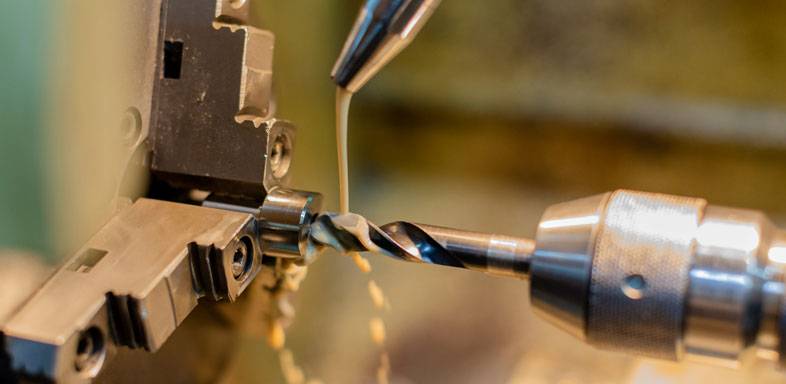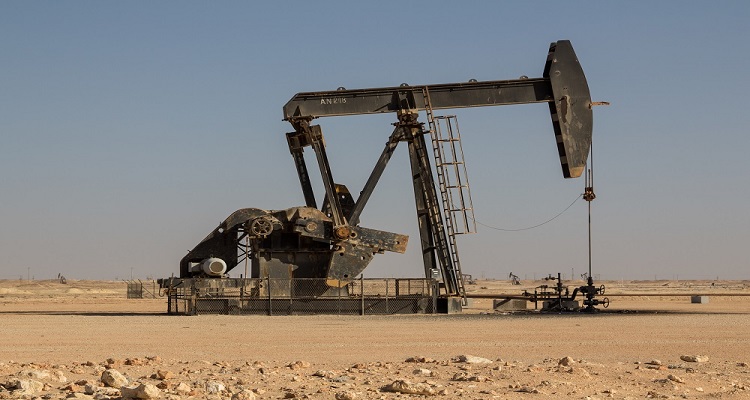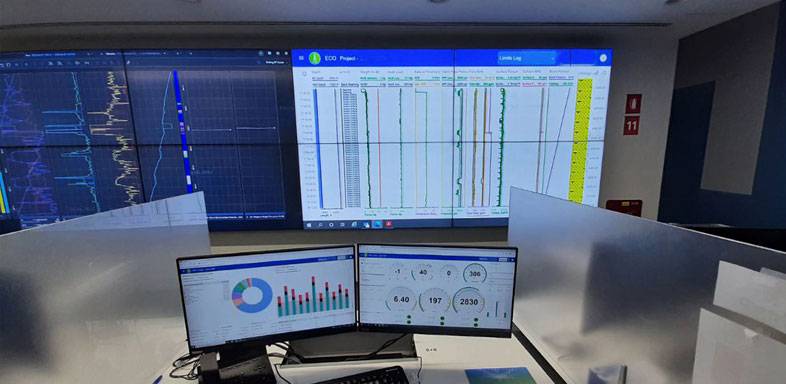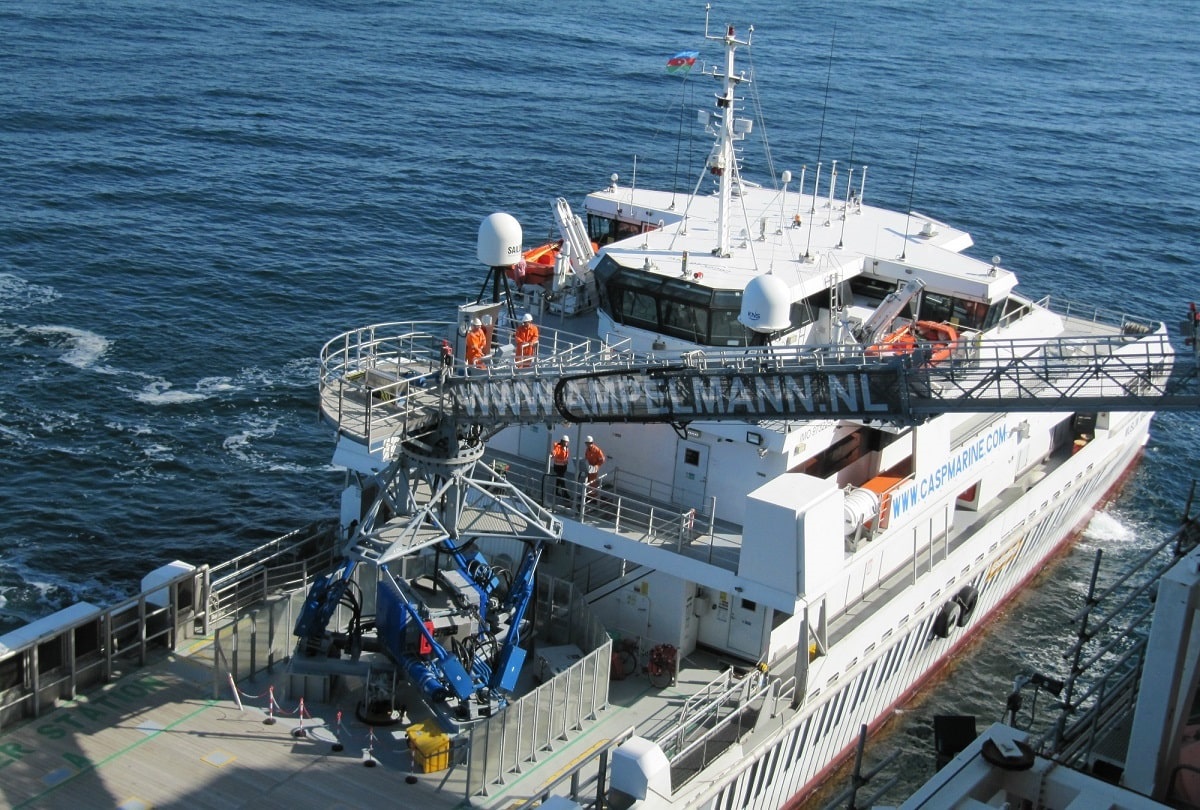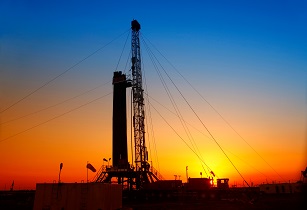In an exclusive interview with Oil Review, Junaid Ghulam, field development manager, Petroleum Development Oman (PDO) and Rifaat Al Mjeni, EOR portfolio leader, PDO discuss the oil and gas company’s EOR activities in the run-up to Oil & Gas West Asia (OGWA)
What is the importance of EOR to Oman’s oil and gas sector and its contribution to achieving production goals?
Despite the challenging economic environment, PDO is continuing its journey in growing the future EOR contribution to oil production with focus on cost. It is anticipated that by 2025 more than 23 per cent of PDO’s production will come from EOR projects. PDO is currently operating a range of commercial-scale EOR projects including chemical EOR, miscible gas injection (MGI) and thermal applications. Concurrently, PDO is continuing to identify novel EOR technologies that have the potential to unlock difficult hydrocarbon resources. This is being done through a series of dedicated laboratory and field testing programmes.
What do you think are PDO’s most significant advances and achievements in EOR?
PDO is the leading company in the region, if not the world, in which four different EOR recovery processes are being implemented on a full field commercial scale.. These projects are a testament to PDO’s ability to successfully implement several complex recovery processes with various challenges in a short time span. The Amal West steam injection project warrants a special mention as it is the first in the world where a renewable energy source (solar energy) is harnessed to assist in steam generation for injection.
What have been some of the main challenges in implementing EOR projects, and how have you overcome them?
There are two main challenges encountered in EOR. The first is related to the scarcity of the specialised skill sets required for EOR throughout the EOR value stream. To address this, PDO created an EOR department and staffed it with Omani and international experts who together are working towards developing technologies that will unlock hydrocarbons in the future. In addition, PDO entered into a number of strategic alliances and joint industry projects with various institutes worldwide in which we are able to access the niche skills that we need.
The second challenge relates to the commercial environment and ensuring that we persist with EOR during the downturn with a cost focus. We have divided the heavy oil portfolio into three segments. The first segment consists of fields which lend themselves to easy replication of some of the proven EOR recovery processes in full field implementation, such as steam floods, thermal-assisted GOGD, and polymer floods. This allows Oman to progress with projects in a phased manner which minimises exposure, accelerates cash flow and increases production. Segment two, are the fields that seem to be a small step out of the proven EOR technologies, such as heavier oils for polymer floods or lower permeability reservoirs. These require a small pilot but are still within the assets under the EOR recovery process, and have standard surface facilities systems which do not require major upgrade or enhancement of the surface injection/production system. Segment three are reservoirs which do not have any proven EOR processes associated with them and still remain within the research domain. These fields can either be offered to companies where we could collaborate to unlock the reserves using novel recovery ideas and/or perform laboratory experiments in which various technologies are tested on a laboratory scale to define new recovery mechanisms where it is recognised that a long lead time is needed before the technology is matured.
See the latest edition of Oil Review Middle East for the full version of the interview. http://www.oilreviewmiddleeast.com/current-issue. OGWA takes place from 25-28 March in Muscat. See www.ogwaexpo.com








